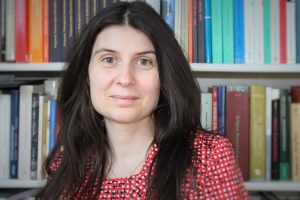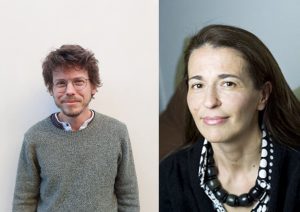Understanding Hindu-Christian Relations: The World Council of Churches’ Approach
 Melanie Barbato is a post-doc researcher at the University of Münster
Melanie Barbato is a post-doc researcher at the University of Münster
There are two tricky subjects in Hindu-Christian relations: Christian missionary efforts are a red flag for many Hindus, and anti-Christian violence by Hindus is recognized as one of India’s main issues of freedom of religion and belief. These two issues are connected, with accusations of proselytization typically being the background for acts of anti-Christian violence.
The Roots of Hindu Criticism towards Christianity
It is important to understand this critical Hindu perspective on Christianity. Hindus object to Christian missions for various reasons. Foremost is that the Indian traditions do not share the Western concept of religion as an individualized faith. From the Hindu perspective, a person is born into a cosmic order that includes both religious and social duties. Hindu identity can be considered more like a family relationship one is born into—one neither opts-in nor out. Hindus tend to be tolerant towards people who also hold additional non-Hindu beliefs or participate in activities outside their Hindu culture, with dual belonging being a normal part of Indian culture. Converts to Christianity, however, are often asked by their missionary contacts to leave their old religious identity behind, and this is seen by many Hindus as a direct act of aggression against their religion and traditional way of life.


